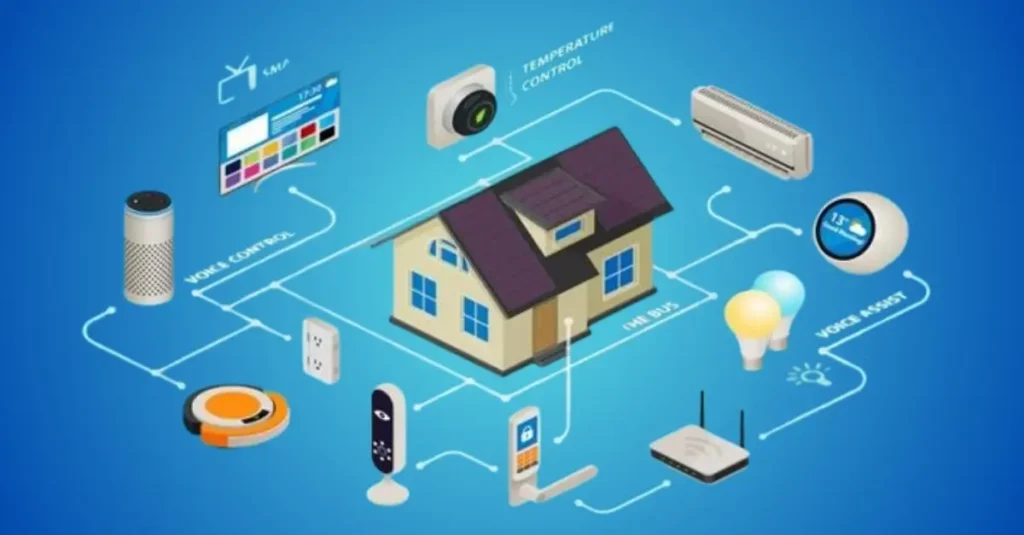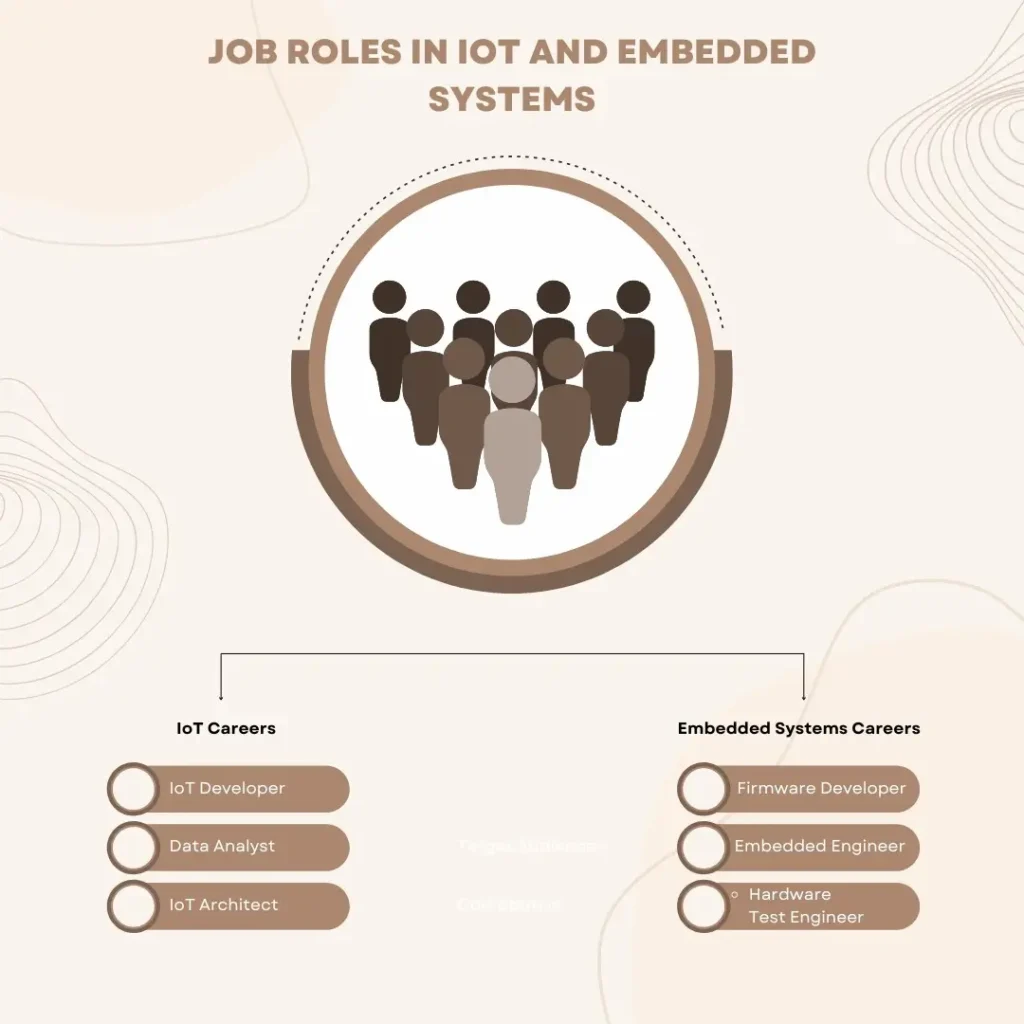Table of Contents
Introduction
IoT (Internet of Things) and Embedded Systems are shaping the future of technology, but which one is the better fit for you? This article will unravel the distinctions, career opportunities, and future trends to help you make an informed decision. Let’s dive into these two fascinating fields and see how they differ and complement each other.
What is IoT?
IoT, or the Internet of Things, connects devices to the internet to enable communication and data sharing. These devices can range from home appliances to industrial machinery, all designed to improve efficiency and connectivity.
- Key Components: Sensors, connectivity, data analytics, and user interfaces.
- Real-World Examples: Smart thermostats, wearable fitness trackers, and connected cars.

What are Embedded Systems?
Embedded systems are computer systems integrated into devices to perform specific tasks. Unlike IoT, embedded systems often operate independently without network dependency.
- Key Components: Microcontrollers, firmware, and real-time operating systems.
- Applications: Pacemakers, anti-lock braking systems, and washing machines.
For more comparisons in tech fields, check out our article on VLSI Design vs Embedded Systems to understand the differences.
7 Key Differences Between IoT and Embedded Systems
| Feature | IoT | Embedded Systems |
|---|---|---|
| Purpose | Connect devices to the internet | Perform specific, standalone tasks |
| Network Dependency | High | Low or none |
| Scalability | Easily scalable | Limited scalability |
| Career Opportunities | High demand in tech-driven sectors | Core engineering applications |
| Hardware Requirements | Sensors, actuators, connectivity | Microcontrollers, processors |
| Real-World Examples | Smart cities, IoT-enabled factories | Medical devices, automotive systems |
| Industry Demand | Rapidly growing | Stable and consistent |
Career Opportunities in IoT and Embedded Systems
IoT Careers
- Skills Required: Networking, cloud computing, AI, and programming languages like Python and JavaScript.
- Job Roles: IoT Architect, IoT Developer, Data Analyst.
- Salaries: Median salary for IoT professionals is $120,000 annually (varies by region).
If robotics interests you, explore our guide on Building a Robot with IoT Applications.
Embedded Systems Careers
- Skills Required: Embedded C/C++, real-time programming, and microcontroller programming.
- Job Roles: Embedded Systems Engineer, Firmware Developer, Test Engineer.
- Salaries: Median salary ranges from $70,000 to $100,000 annually.

Emerging Trends and Future of IoT and Embedded Systems
- IoT: Growth in edge computing, AI integration, and 5G-enabled devices.
- Embedded Systems: Advancements in low-power devices, machine learning, and real-time analytics.
- Intersection: Collaboration between IoT and Embedded Systems in fields like autonomous vehicles and smart healthcare.
Real-World Case Studies
- IoT Application: Smart agriculture using IoT devices to monitor crop conditions.
- Embedded Systems Example: Embedded systems in medical devices like insulin pumps improving patient care.
Conclusion
IoT and Embedded Systems each have their unique strengths and career paths. Choosing the right one depends on your interests and long-term goals. If connectivity and data excite you, IoT might be your calling. If you prefer hardware and low-level programming, Embedded Systems could be the perfect fit.
FAQs
What is the main difference between IoT and Embedded Systems?
IoT focuses on connectivity and data sharing, while Embedded Systems perform specific, predefined tasks independently.
Which field offers better career prospects: IoT or Embedded Systems?
IoT is rapidly growing, but Embedded Systems offer steady opportunities in core industries.
Can IoT exist without Embedded Systems?
No, IoT devices are often built using Embedded Systems as their foundation.
Is it possible to transition from Embedded Systems to IoT?
Yes, the transition is feasible with additional skills in networking and cloud computing.